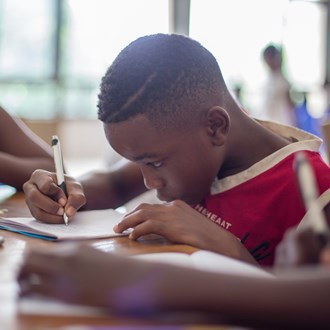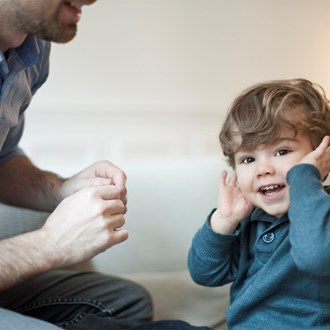3 simple steps to help stop bedwetting.

Help your little one wake up feeling like a super-hero
By Dr Mandy Fletcher
July 29 2019
Is your child (and you) losing sleep over the frequent changing of bed linen and clothes? Bed-wetting is common condition that can be exhausting for the whole household.
It affects approximately 20% of five year olds and 10% of 10 year olds, and boys tend to be more frequently affected than girls. If you’ve read JK Rowling’s latest installment to the Harry Potter series, you’ll know that even Harry Potter himself was a bed-wetter! Here’s what you need to know:
There are two types of bed-wetters
Bed-wetting is divided into two types – primary and secondary. Primary enuresis refers to children who have always wet the bed, while secondary enuresis denotes children who have re-started wetting the bed after having been dry for a period of six months or more.
Are there any simple solutions?
Once diagnosed with nocturnal enuresis, these solutions may help your child:
*Limit your child’s fluid intake in the evening and in older children keep an eye out that they are not drinking fluids containing caffeine.
*Make sure your child goes to the toilet before bedtime. Waking him up for another toilet visit later in the night can also prevent mishaps.
*Keep track of fluid intake and overnight accidents. Several free apps are available for your smart phone, which may be of assistance in record keeping. Older children often enjoy being involved in this process and can download these apps onto their gadgets.
Parents take note:
Throughout this process it is essential to reassure your child and to remove any feelings of shame or blame. These negative emotions around bed-wetting are counter-productive and may further affect your child’s confidence and self-esteem as well as limit the success of therapies.
Medication is only occasionally required for bed-wetting. Please discuss with your GP or Paediatrician if you have concerns regarding your child’s bed-wetting.
Dr. Mandy Fletcher is a dedicated paediatrician who is committed to the care and wellbeing of children of all ages. www.drmandyfletcher.com.au






